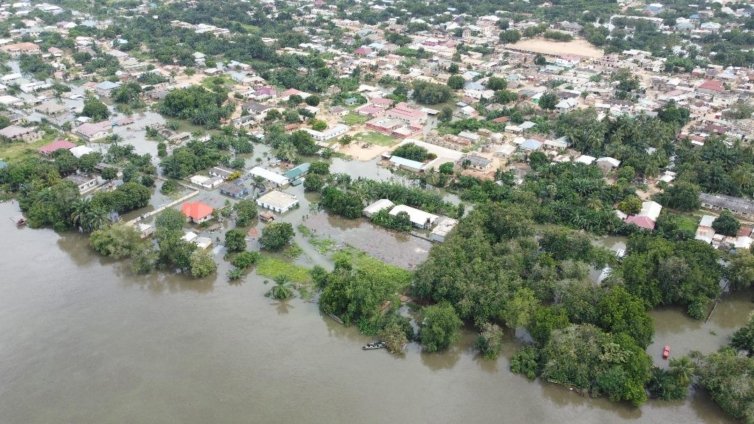The Electricity Company of Ghana (ECG) has advised customers affected by power disruptions caused by the Akosombo Dam spillage to have their premises assessed and certified by Certified Electrical Wiring Personnel (CEWP) and Energy Commission of Ghana-accredited inspectors.
Despite the general restoration of power, some communities have reported ongoing outages due to internal wiring issues caused by floodwater damage. To address this, ECG emphasizes the need for affected customers to engage qualified inspectors to assess and certify their premises, as the extent of damage remains uncertain.
Reports from these inspectors will be used as the basis for restoring power supply to affected customers.
“It has come to our notice that some customers in areas that were affected by the Akosombo Dam spillage are complaining of receiving bills from the Electricity Company of Ghana even though they were not in their residences at the time. It is worth noting that ECG bills come with levies and service charges even when the actual consumption of electricity is not happening.
“However, the management of ECG is yet to take a decision on this and in due course, it will be communicated to all affected customers. But it is worthy to note that if a customer was owing ECG before the incidence of the flood, that debt should be paid.”
She added, “We have restored power to the areas affected however there are some individual homes that still do not have supply. Now this is because the water went into some of their pipes affecting their wiring so we are not sure of the integrity of these installations.
“Now we are advising the customers to please contact Energy Certified Electricians to check on the integrity of these installations in their homes.”
Additionally, concerns have been raised about customers receiving electricity bills covering the flood period, even when they were not occupying their homes. ECG advises affected customers to focus on bills for power consumed before and after the flooding period.
Sakyiwaa Mensah, the spokesperson for the Tema region, revealed ongoing collaboration with community leaders to compile a list of flooded homes and assess the impact. However, management is yet to decide on bills generated during the flooding period for affected customers.
Ms. Sakyiwaa clarified that current bills may still include the flooding period due to the cyclical nature of bill production. If customers had outstanding balances before the flood, it is considered legitimate consumption for which payment is required.

